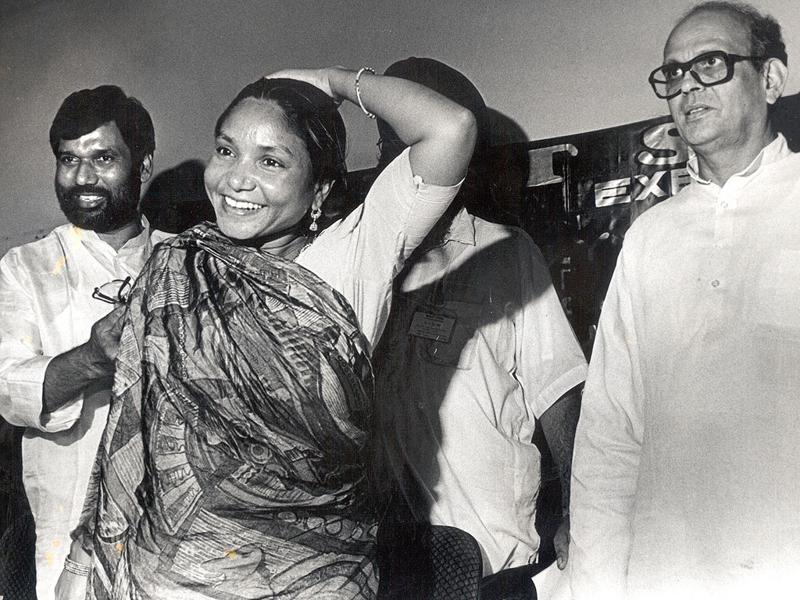Phoolan Devi, popularly the Bandit Queen, was a lady whose life was defined by strength, defiance, and redemption. From being a notorious dacoit to being elected a Member of Parliament, her life was anything but ordinary. Her life, however, was cut short in a tragic manner when she was assassinated on July 25, 2001, outside her home in New Delhi.
The Assassination
That afternoon, Phoolan Devi had returned home from a session of parliament when masked men opened fire on her at the gate of her Ashoka Road bungalow. She was shot several times and three of the bullets hit her head, killing her instantly. Her bodyguard, Balwinder Singh, too was shot in the attack.
Eyewitnesses had described three men who had worn masks and escaped in a Maruti 800, which was later abandoned close to the area. The attack left the country stunned and numerous speculations regarding the reasons behind her assassination.
The Killer and Motive
The main suspect in her murder was Sher Singh Rana, who afterwards admitted to the crime. He said he murdered Phoolan Devi to retaliate for the Behmai massacre, a 1981 event wherein Phoolan and her gang supposedly killed 20 Thakur males in response to her own violence.
Rana was convicted in 2014, nearly 13 years after the murder, and sentenced to life imprisonment. However, many believed that her assassination was politically motivated, given her rise in power and influence.
Phoolan Devi’s Legacy
Despite her controversial past, Phoolan Devi was a symbol of resistance for many marginalized communities. Her transformation from a victim of oppression to a political leader inspired countless women.
Her biography was made immortal in the 1994 movie "Bandit Queen," which reflected her journey and ascension. Even in death, she continues to inspire as a symbol of boldness and defiance, symbolizing the war against social injustice.
Conclusion
Phoolan Devi’s assassination was a grim reminder of the violence and vendettas that plagued Indian society. While her death marked the end of an era, her legacy continues to inspire those who seek justice and empowerment.


Comments
Post a Comment